Why do we lose muscle memory?
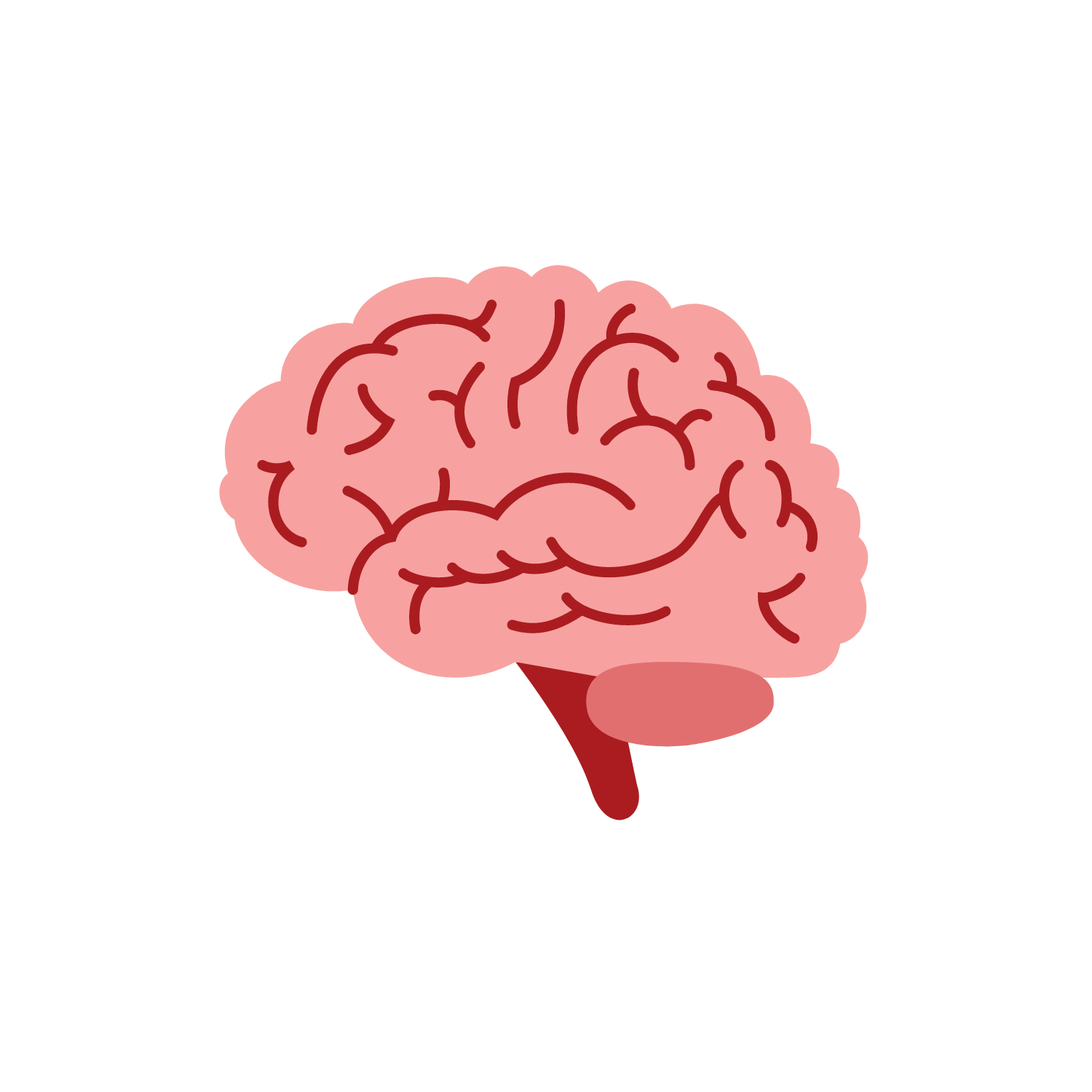
We've all heard the phrase "muscle memory" thrown around in the gym or on the field, but have you ever wondered why it seems to disappear after a lengthy period of inactivity? In this article, we'll dive into the science behind muscle memory and why we lose it when we stop training.
First off, let's define what muscle memory is. Muscle memory is a term used to describe the ability of your brain to quickly and efficiently recall motor patterns that it has already learned. These motor patterns are stored in your brain's long-term memory and can be accessed without conscious effort or thought.
Neuroplasticity & Synaptic Pruning
So, why do we lose muscle memory when we stop training? The answer lies in the concept of neuroplasticity. Neuroplasticity refers to the brain's ability to adapt and change in response to stimuli. When we consistently perform a particular movement or activity, our brains form neural pathways that allow us to complete that activity more efficiently in the future. However, when we stop training and performing these movements, those neural pathways weaken and eventually disappear through synaptic pruning.
This can be frustrating for athletes who take a break from training and then find that their performance has declined significantly when they return. However, the good news is that you can reactivate these neural pathways fairly quickly through practice and repetition. This is why it's important to gradually ease back into training after a period of inactivity rather than trying to jump right back in at the same intensity as before.
Muscle Atrophy
Another factor that contributes to the loss of muscle memory is muscle atrophy. When we stop training or suffer an injury, our muscles no longer receive the same stimulation level and therefore begin to shrink and weaken, causing changes in how we perform specific movements and reduction or loss of the muscle's ability to generate the same amount of force as before. However, it's important to note that muscle atrophy doesn't happen overnight. Research has shown that it can take up to two weeks of complete inactivity before significant muscle loss occurs, meaning that taking a short break from training, such as a week-long vacation, is unlikely to cause considerable muscle atrophy or loss of muscle memory.
Preventing Muscle Memory Loss
What can you do to prevent muscle memory loss during periods of inactivity? The key is maintaining some activity level and keeping your neural pathways engaged, even if you cannot perform your usual training routine. These exercises could include stretching, bodyweight exercises, or visualization exercises where you mentally rehearse the movements you want to retain.
In addition, it's important to gradually ease back into your training routine when you return to the gym or field. This will give your muscles and neural pathways time to readjust and prevent injury. Don't try to jump right back in at the same intensity as before – start with lighter weights or lower-intensity activities and gradually increase as your body adjusts.
In summary, maintaining muscle memory is crucial for achieving peak athletic performance, and taking breaks from training can lead to its gradual loss. However, by engaging in some level of activity and gradually easing back into your routine after a period of inactivity, you can help prevent significant declines in performance. Remember that muscle memory is just one piece of the puzzle for achieving your fitness goals, and a well-rounded approach that includes strength, endurance, and technique is critical to success.








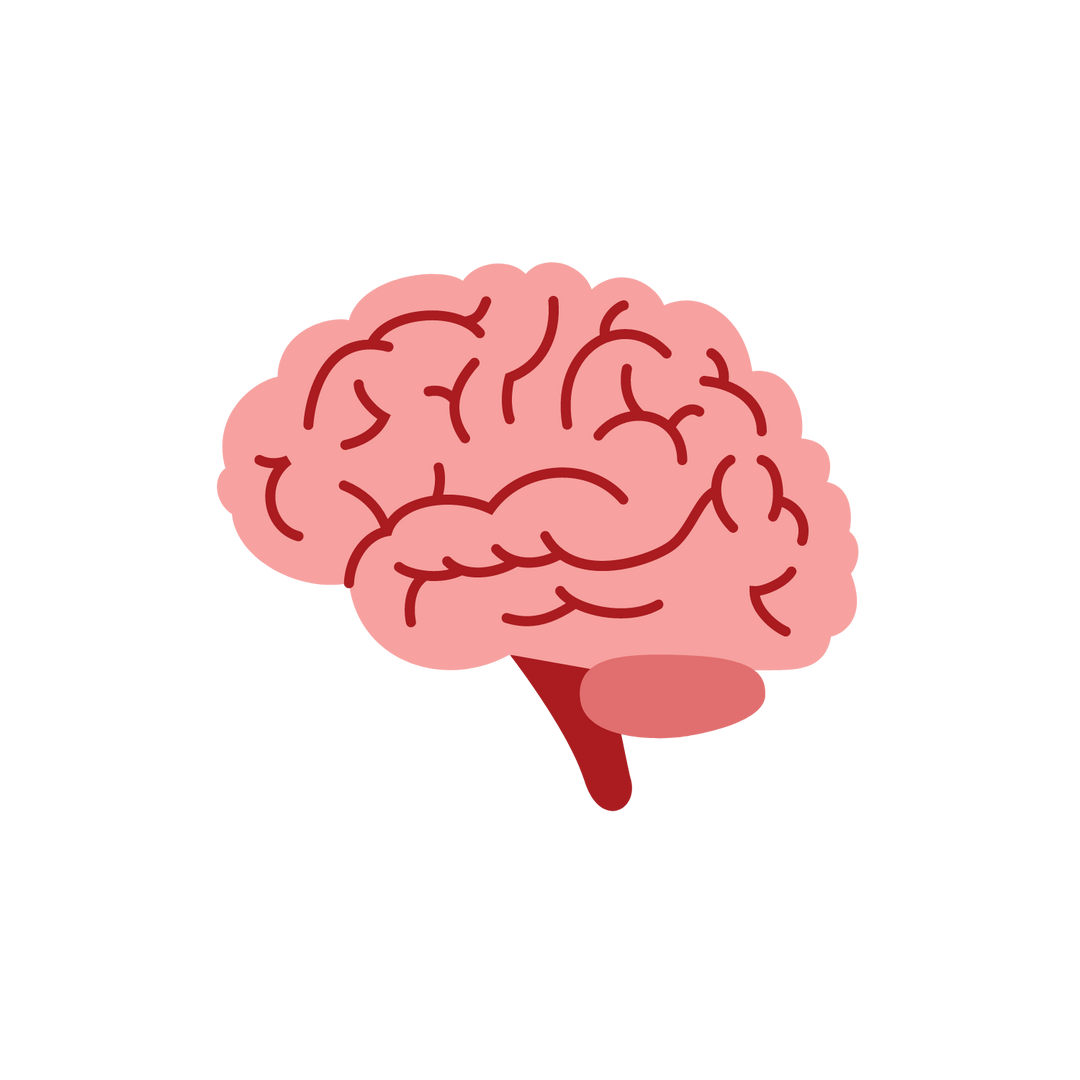







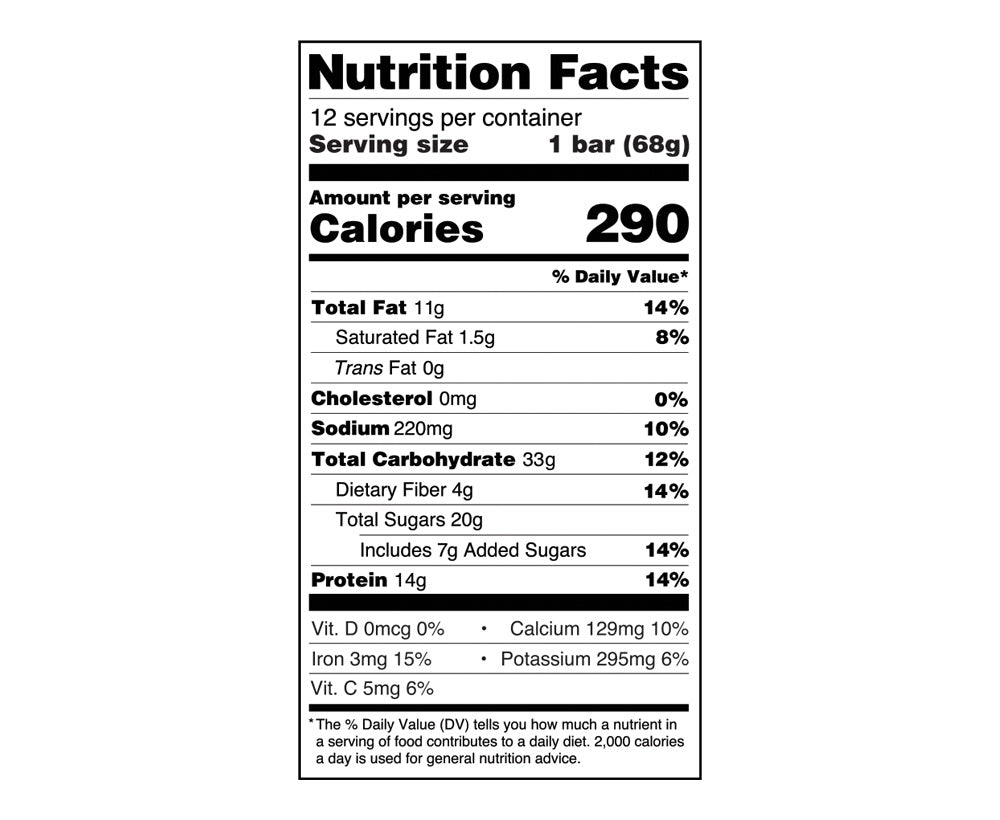





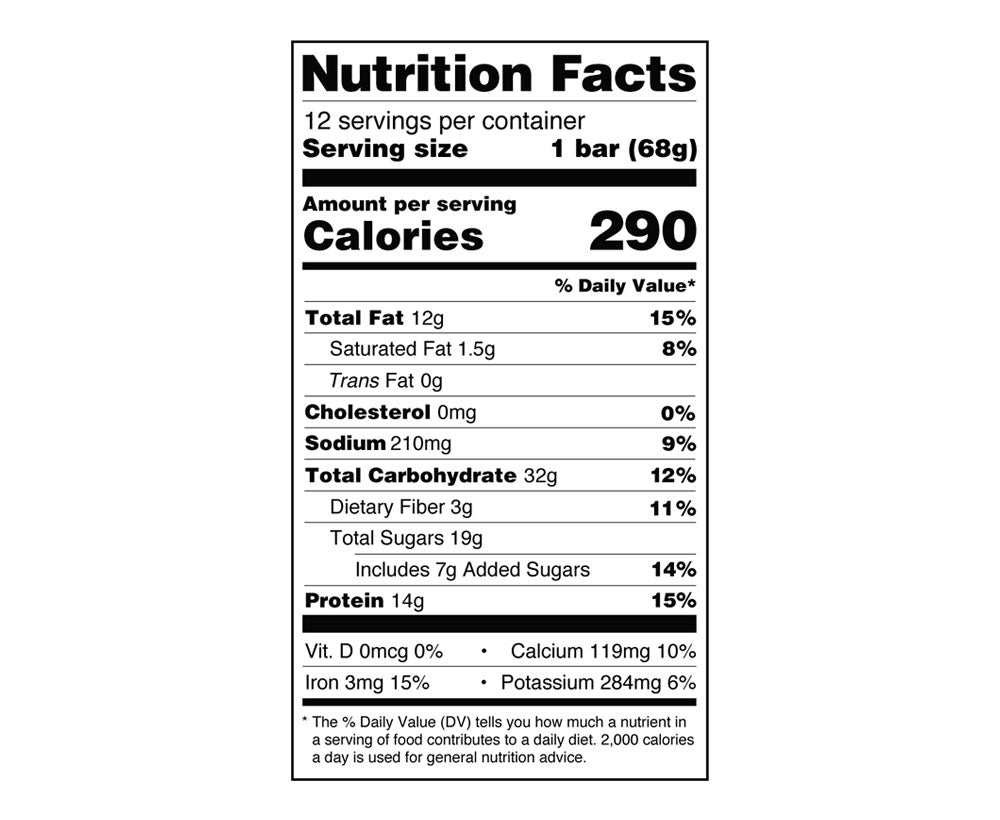





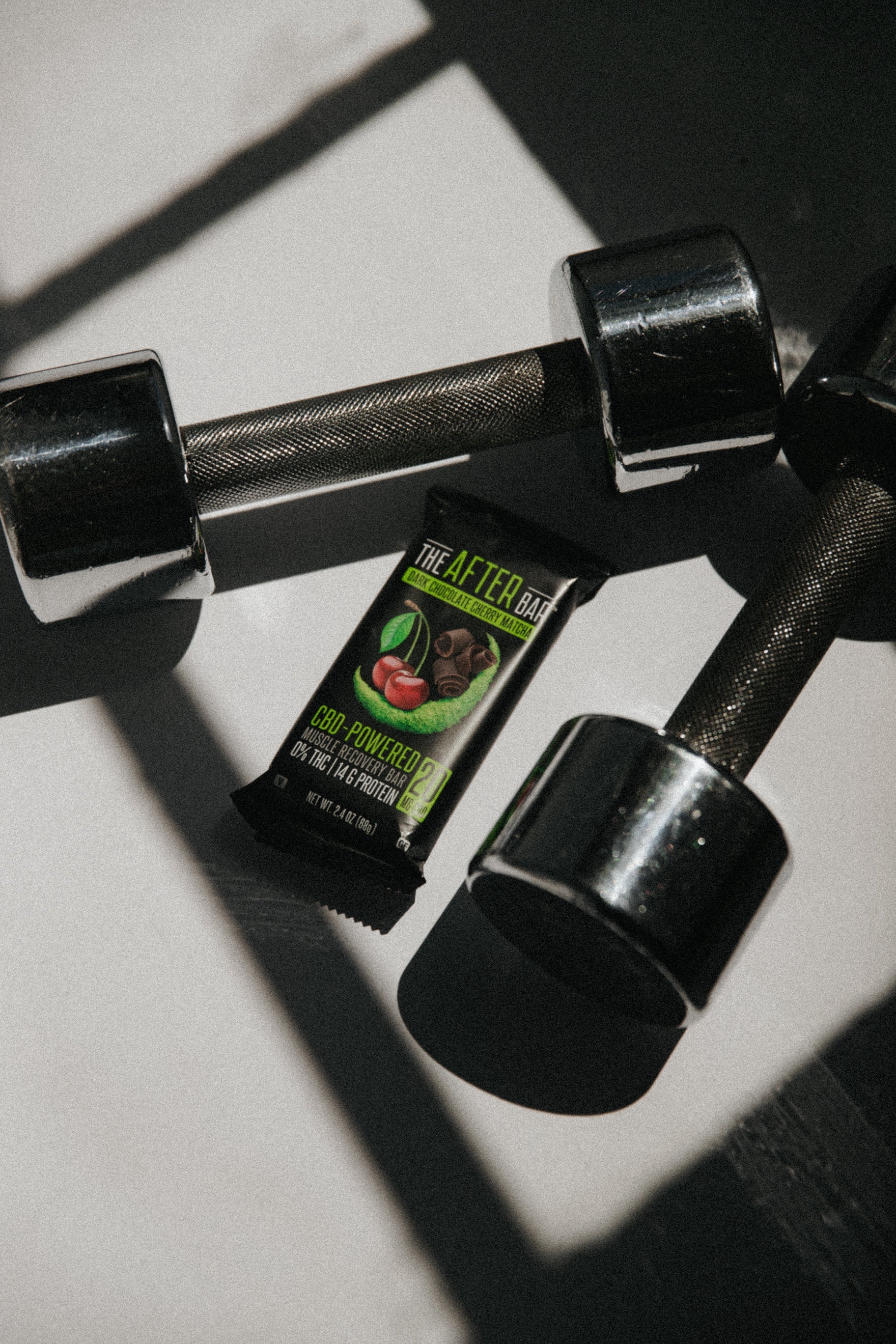

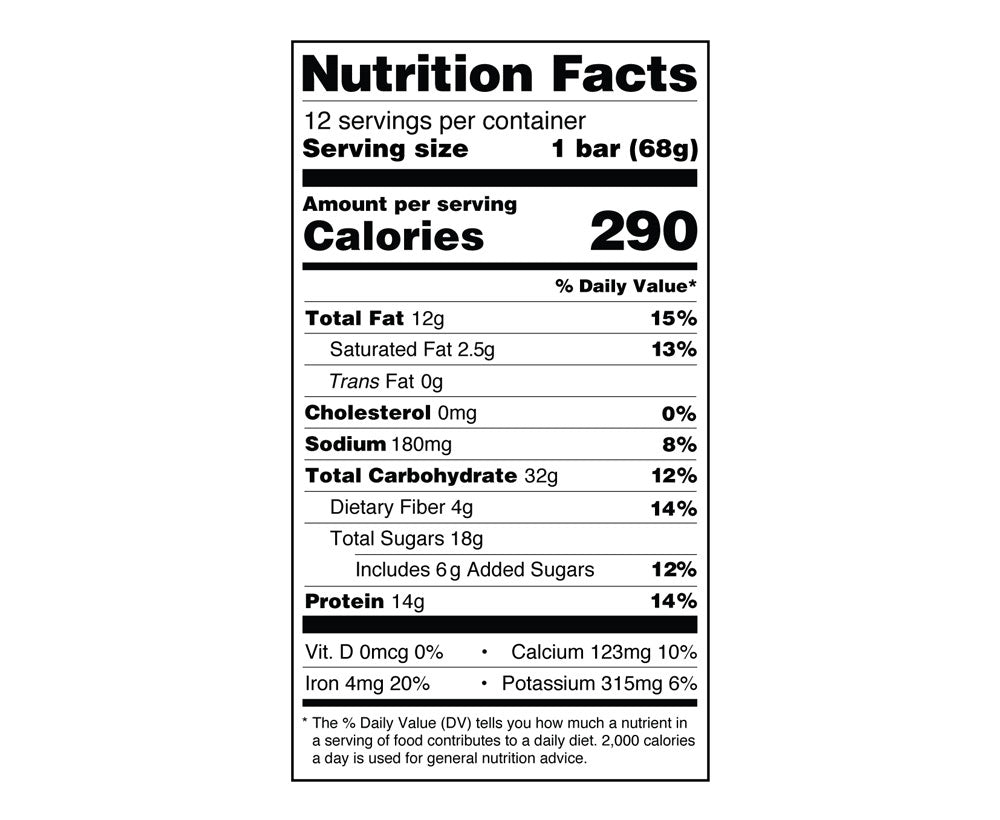





Leave a comment